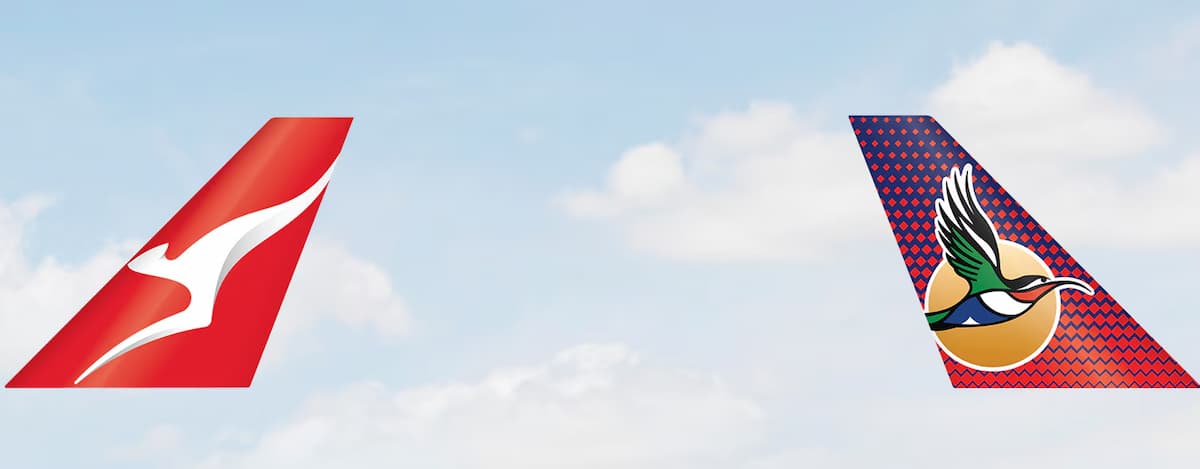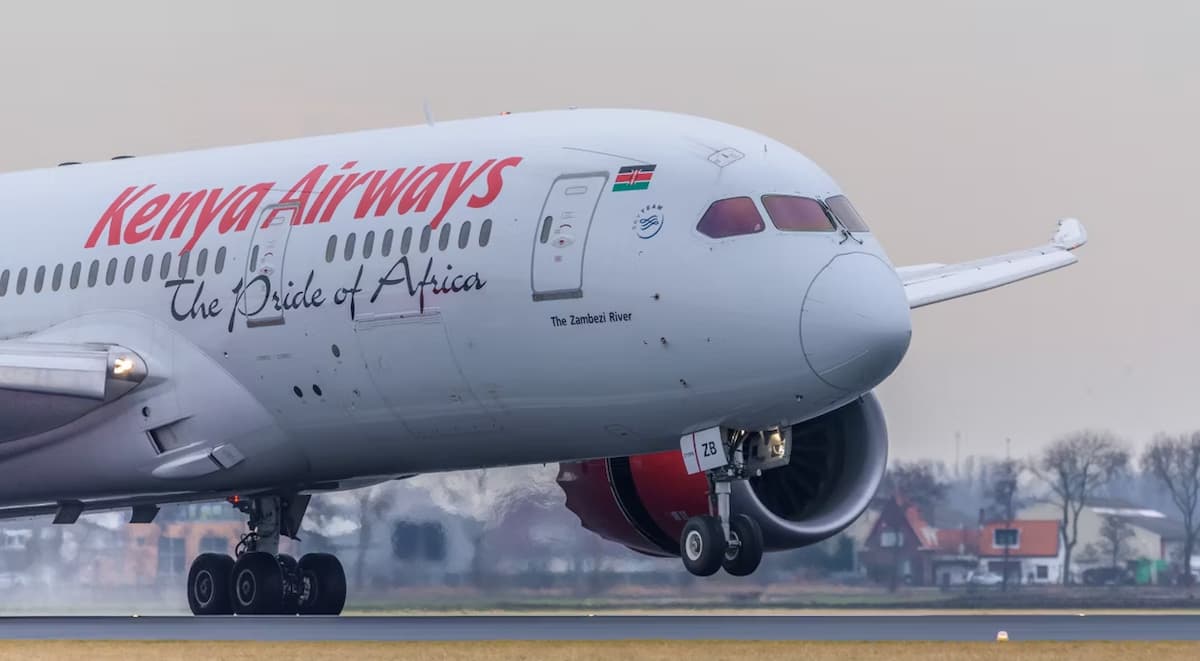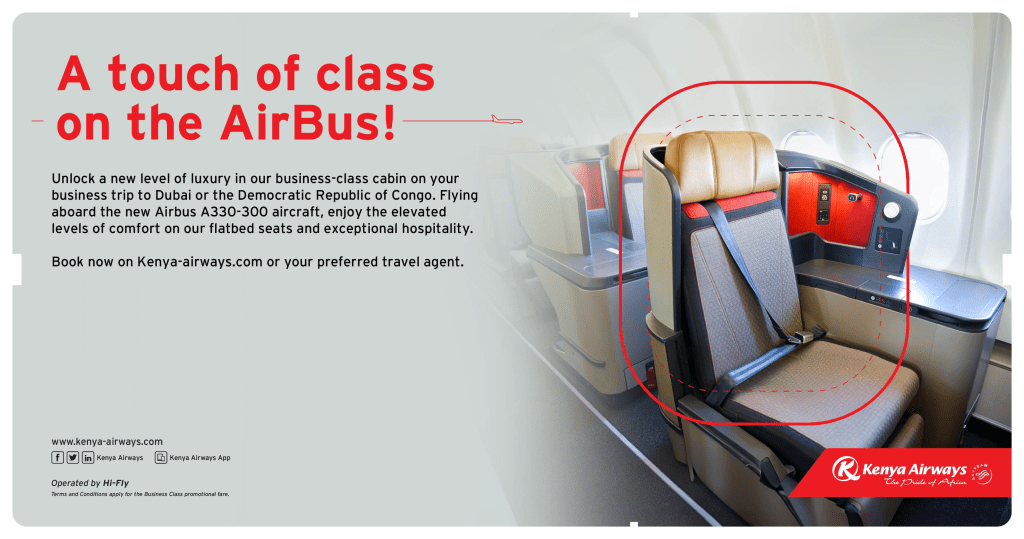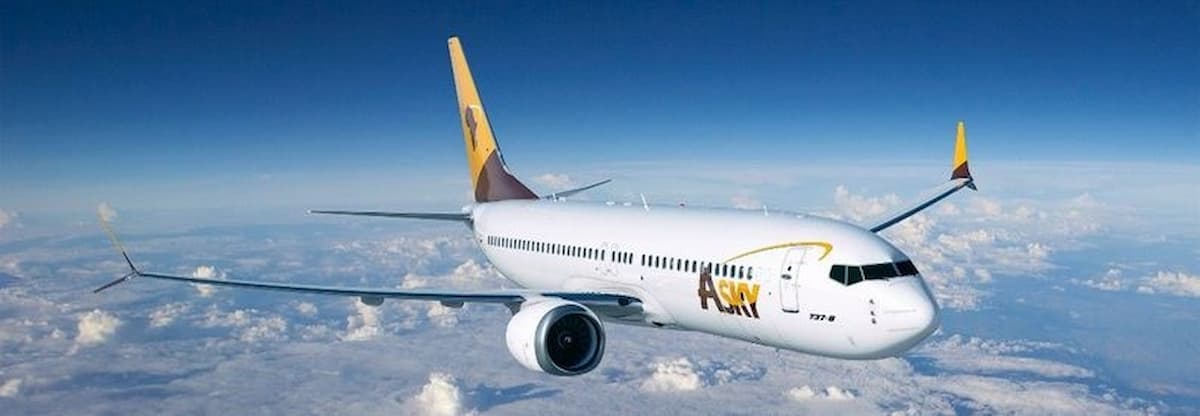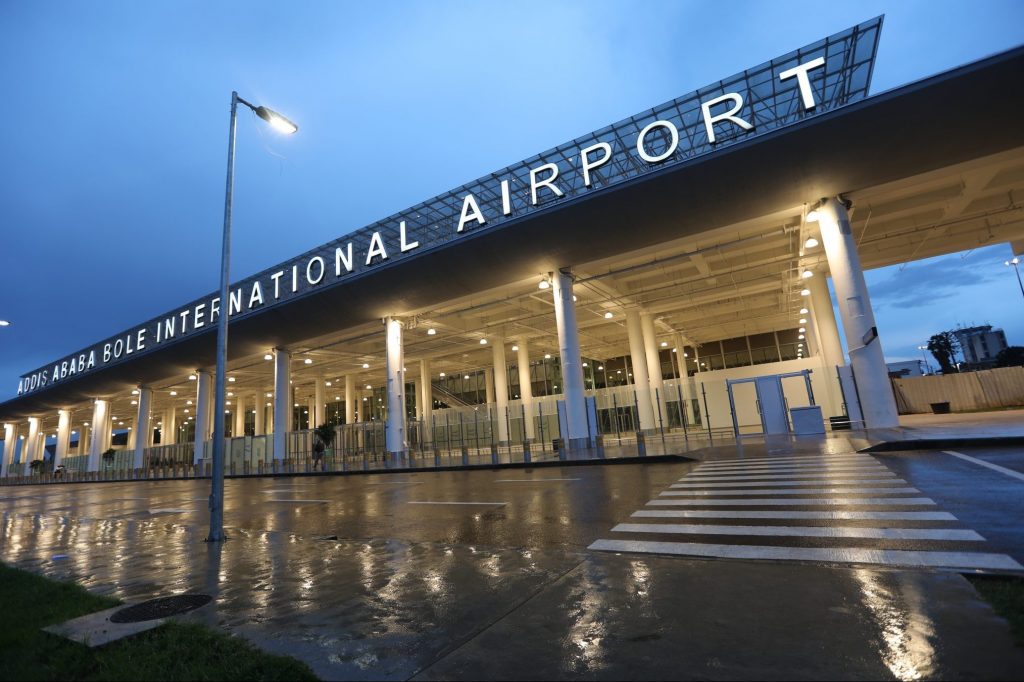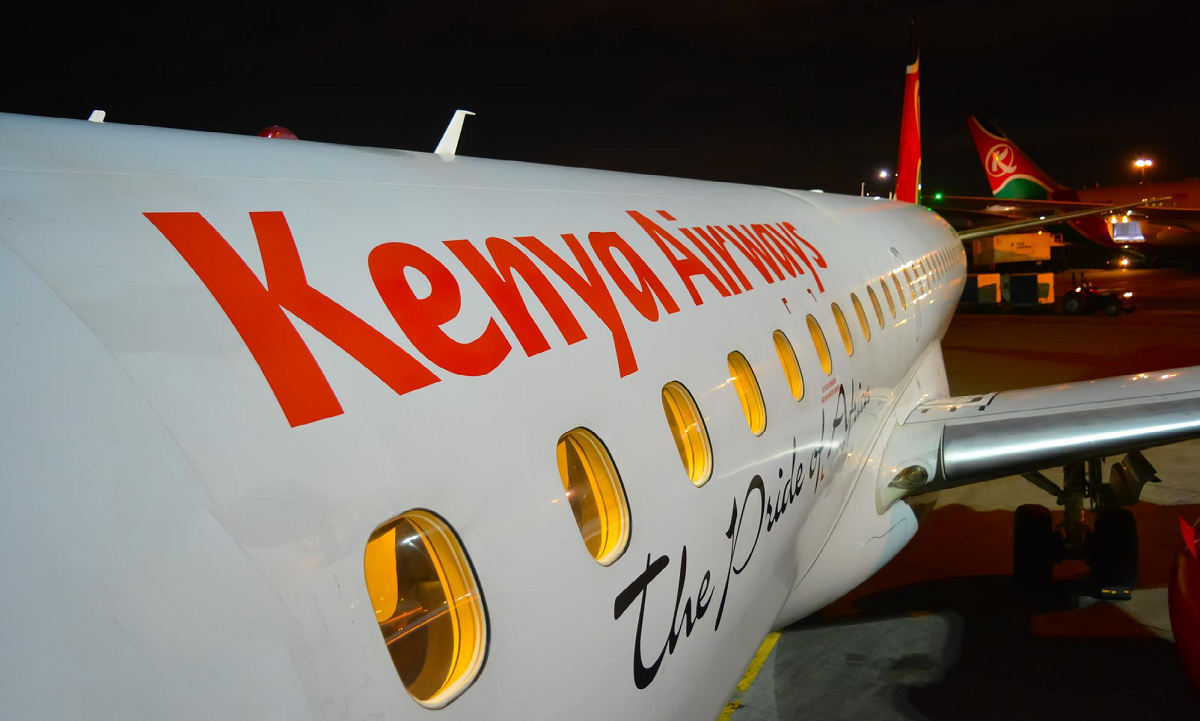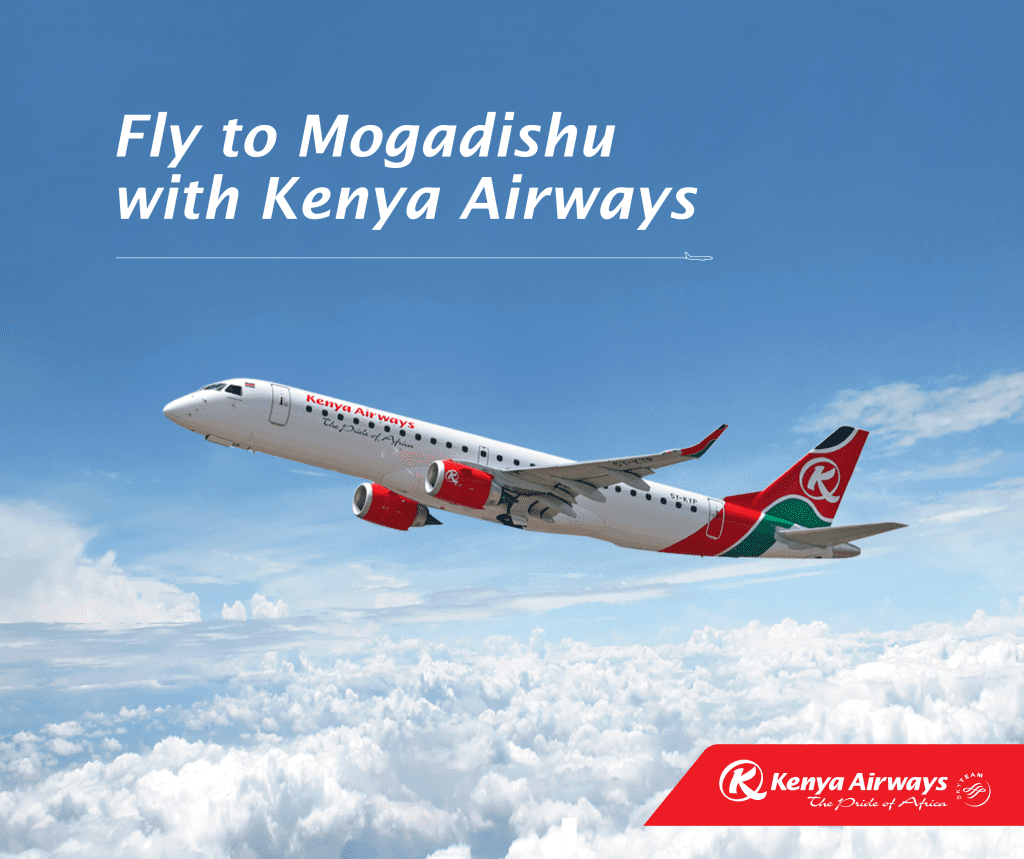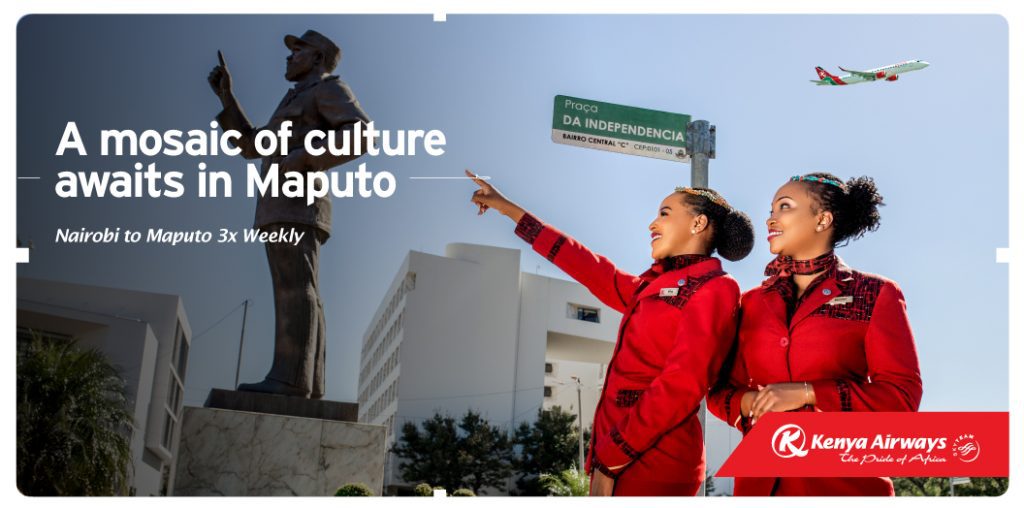Addis Ababa, 12 August 2024
Ethiopian Airlines Group, Africa’s leading airline, has signed a technical advisory and consultancy contract with Dar Al-Handasah Consultants (Shair and Partners), a partner with the world-renowned signature architects Zaha Hadid Architects, to embark on the design and supervision of a Mega Airport City at Abusera in Bishoftu city.
This state-of-the-art airport city, located just 40km from Addis Ababa Bole International Airport, is poised to revolutionize air travel in Ethiopia. Upon completion, the new airport is projected to have the capacity to serve 110 million passengers each year, which is four times the current capacity of Bole International Airport.
Ethiopian Airlines’ Group CEO, Mr. Mesfin Tasew, announced the Mega Airport City project, highlighting its role in establishing Ethiopia as a global aviation hub. “The project will not only enhance connectivity but also drive economic growth and prioritize environmentally responsible practices in our country and beyond, reflecting the airline’s commitment to innovation and sustainability. With its exceptional capacity and world-class facilities, this new airport promises to elevate African aviation and strengthen partnerships, marking a significant advancement for the region’s air travel infrastructure”.
Dar’s Director of Operations in Ethiopia Tariq Al-Qanni stated, “We are privileged to be collaborating with Ethiopian Airlines on this visionary new airport, which will provide vital global air connectivity, accelerate economic growth in Ethiopia, and elevate Ethiopian Airlines into Africa’s most strategic and most competitive aviation group.”
In its first phase, scheduled to be completed in 2029, the contract is set to position Ethiopia as the leading global gateway to Africa with a capacity of handling 60 million passengers, almost three times the number of passengers registered in Africa’s busiest airport in 2022, Addis Ababa Bole International Airport; ultimately, the new airport’s capacity will serve 110 million passengers a year, quadrupling the capacity of Bole International Airport.
The Mega Airport City will feature a 1.1 million sqm terminal including passenger facilities, 126,190 sqm of airline support facilities, and over 100,000 sqm of cargo and airport support facilities. It will also include an associated airfield and other essential airport infrastructure.
The new airport is positioned at a lower elevation compared to the current primary hub, Addis Ababa, situated at one of the world’s most elevated locations, presenting unique operational challenges for aircraft. The architectural team will incorporate elements of Ethiopian heritage to establish a new emblematic structure for the nation – a people-centric, intuitive airport characterized by sustainability, resilience, and future-readiness. Ethiopian Airlines remains steadfast in its commitment to elevating customer experience to unprecedented heights, ensuring every journey is marked by excellence and innovation.
About Ethiopian
Ethiopian Airlines Group (Ethiopian) is one of the fastest-growing airlines brand globally and the continent’s largest airline brand. In its seventy-eight years of successful operations, Ethiopian has become one of the continent’s leading carriers, unrivalled in efficiency and operational success. Ethiopian commands the lion’s share of the African passenger and cargo network operating the youngest and most modern fleet to more than 150 domestic and international passenger and cargo destinations across five continents. Ethiopian’s fleet category consists of ultra-modern and environmentally friendly aircraft such as Boeing 737s, 777s, 787s, Airbus A350-900 and De Havilland Q400.
Ethiopian is also pursuing multi-hub strategy through hubs in Lomé, Togo with ASKY, in Lilongwe, Malawi with Malawi Airlines and in Lusaka, Zambia with Zambia Airways. Having achieved its strategic plan (Vision 2025) ahead of time, Ethiopian is currently implementing a 15-year strategic plan Vision 2035 that will see it become one of the top 20 most competitive and leading aviation groups in the world. Ethiopian has been champion in various coveted awards including Skytrax’s ‘Best Airline in Africa Award’ for seven consecutive years among others. The airline has been a Star Alliance member since 2011 and has been registering more than threefold growth in the past 10 years.
About Dar
Dar provides design, planning, engineering, and management services for buildings, cities, transportation, and civil infrastructure projects.Dar, TYLin, and Landrum & Brown belong to Sidara, a global collaborative of industry-leading firms have advised 23 of the top 30 global airports and delivered projects in over 300 airports, including Ethiopia’s Bole International Airport as well as strategic global hubs such as Dubai International Airport. Zaha Hadid Architects brings award-winning capabilities and a global track record of iconic airport projects, while Pascall+Watson Architects has successfully completed more than 2,000 aviation projects across 70 airports in 35 countries.
For more at: www.ethiopianairlines.com
https://corporate.ethiopianairlines.com/Press-release-open-page/ethiopian-airlines-signs-a-contract-with-dar-al-handasah-to-develop-a-mega-airport-city
Contact us on nbores@ethiopianairlines.com/nbocto@ethiopianairlines.com
Source: Corporate Ethiopian Airlines.


